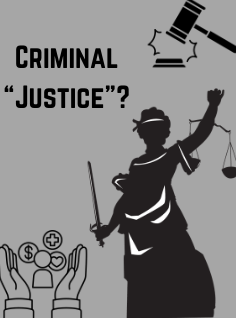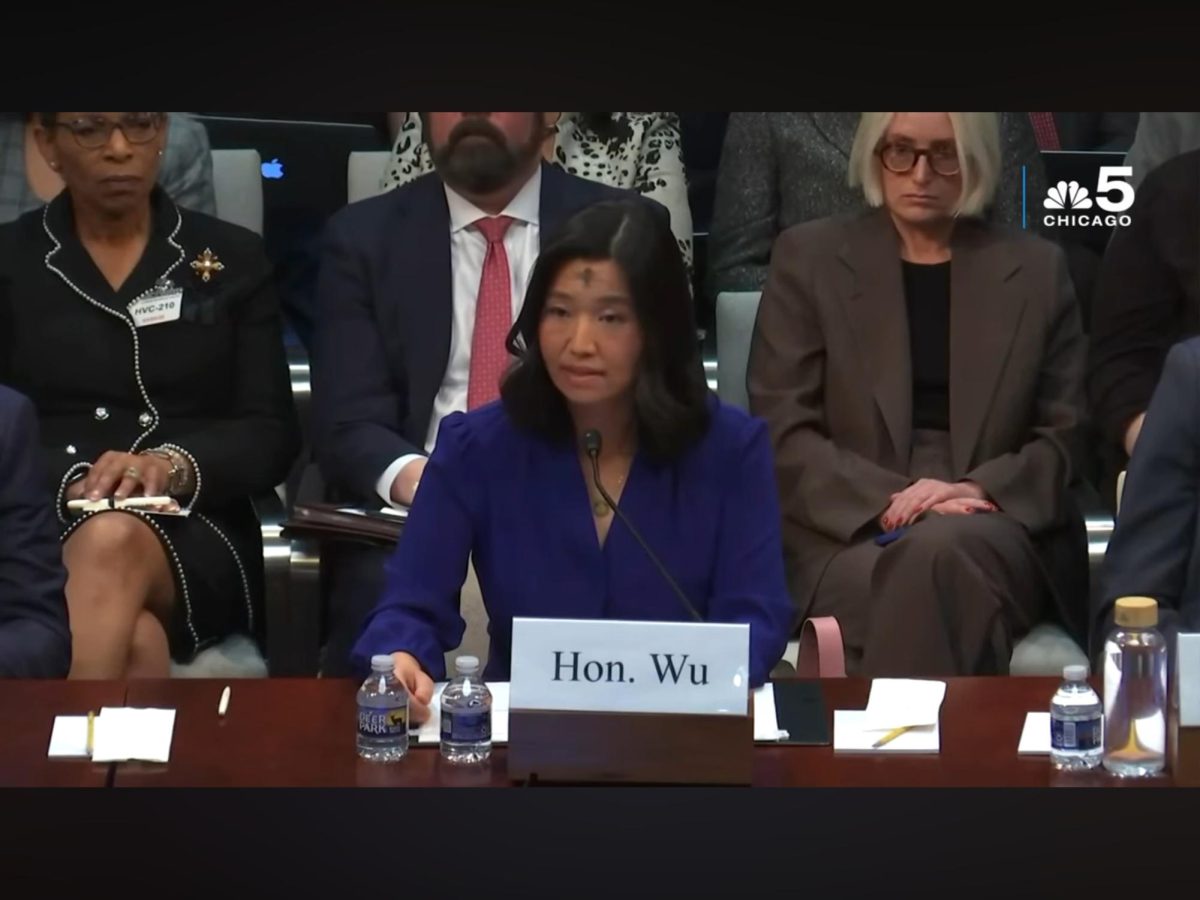
The United States criminal justice system is outdated yet unchanged. It needs a complete and total revamp, as it mistreats and overlooks human decency, which threatens everyone.
The US prison system has the largest population of incarcerated individuals in the world, with more than 2 million prisoners nationwide. That is just over 25% of the world’s total prison population, with 4.5 million on parole and probation.
It’s important to understand the difference between jail and prison. Jail is where people await trial, “innocent until proven guilty,” but 11,500 people on average are “guilty until proven innocent,” serving jail time for something they didn’t do. That’s an average of 2 people per day locked up in jail for crimes they didn’t commit, and around 85% of people never get the chance to prove their innocence.
95% of all the convictions in the US are based on a plea-bargain deal, not a trial. A plea bargain deal is a legal agreement between the defendant and the prosecution in which the defendant will plead guilty to a crime with fewer charges. Even though this seems like a less harsh sentencing, the individual who agrees to a guilty plea deal, when or if proven innocent at trial (presuming they will be granted a trial), will have a permanent criminal mark on their record.
The term “violent crime” doesn’t even have to refer to violent crimes. It is more often used to describe a “dangerous” person vs a “non-dangerous” one. For example, if there was a burglary and the robber was holding a weapon, but there was no physical violence done (armed robbery), it would still be considered a violent crime; 47% of the prison population accounts for violent crimes, and crimes are often evaluated by their offenses rather than the actual circumstances.
Prisons and jails profit off of private services such as phone calls, medical care, and commissar. These private services allow prisons to cut costs and make the families/incarcerated individuals pay for them. Individuals even have to pay for necessities such as hygiene and medical care, which could take days to earn with the wages they earn. Prisoners earn between 12 cents and 40 cents per hour for common prison jobs and, often, are forced to work.
People convicted of violent offenses often don’t get arrested promptly. Age is an important variable in predicting risk for violence peaks, peaking in adolescence and early adulthood and decreasing with age. But often, people are arrested long after that age range since people convicted of violent and sexual offenses are the least likely to be rearrested. Those convicted of rape or sexual assault account for lower than 20% rearrest rates.
The National Institute of Justice summarized the research on deterrence and found that prison sentences (especially long prison sentences) do little to deter crime. They are often counterproductive, increasing the risk of committing a crime (even the same crime) after release.
As for justice for the victims, more often than not, those convicted of violent crimes have experienced violence themselves. Prisons are designed for punishment, but they are not designed to make prisoners more successful or better people. This creates a constant cycle of crime; ⅔ of jailed individuals have substance abuse disorders, yet the jails fail to supply ample care/protection for them. Between 2000 and 2018, the number of people who died from intoxication while in jail increased by 400%, with some dying within 1 day of being in jail.
Also, jails often place those with mental health disorders in solitary confinement, leaving them unmonitored and without consoling. Due to the environment of prison houses, there are physical and psychological side effects, including PTSD. This directly relates to the significant decrease in one’s success in being a better person after being released from prison, as it makes it harder for them to maintain employment and housing.
Some may argue that the criminal justice system is necessary to enforce the law and that making it seem cruel avoids further crime rates, providing justice to the victims of the crimes. However, it is possible to reform the current system without brushing aside citizens’ rights.
It’s time to lay down a foundation that will solve matters. There are small ways in which you, as a citizen, can help. Knowing and defending your rights, filling out one or more of these petitions, and optionally protesting for change, specifically at a governmental level.
Change is necessary; it is important for the well-being of human decency, human rights, and a more secure future.







